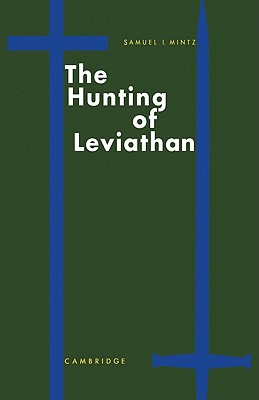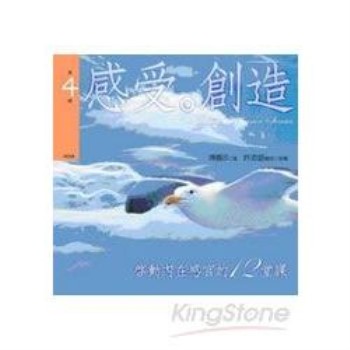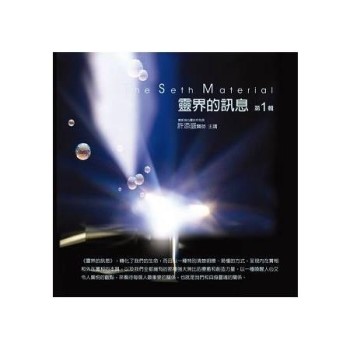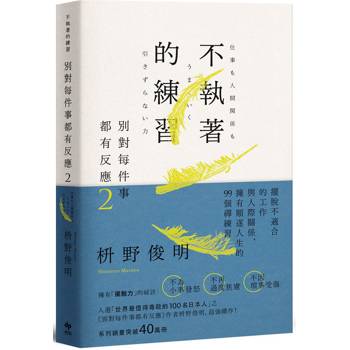Thomas Hobbes 'the infamous author of Leviathan' is remembered chiefly for his political philosophy but his contemporaries were more concerned with the moral and materialistic views which formed the basis of his doctrines. He was a notable literary figure of his time, and his powerful and lucid style had its effect on all manner of arguments with his opponents. With Hobbes rationalism came into its own. Mintz, in examining these seventeenth-century reactions to Hobbes, sets him against his intellectual background and so gives an added dimension to his thought. Mintz succeeds in capturing the ideological excitement of the seventeenth-century critics and in reawakening the crucial issues which were at stake. His study has much to offer historians, philosophers and theologians, and anyone with a general interest in the man or his period.
| FindBook |
有 1 項符合
The Hunting of Leviathan: Seventeenth-Century Reactions to the Materialism and Moral Philosophy of Thomas Hobbes的圖書 |
 |
The Hunting of Leviathan: Seventeenth-Century Reactions to the Materialism and Moral Philosophy of Thomas Hobbes 作者:Mintz 出版社:Cambridge University Press 出版日期:2010-02-11 語言:英文 規格:平裝 / 200頁 / 21.6 x 14 x 1.3 cm / 普通級 |
| 圖書館借閱 |
| 國家圖書館 | 全國圖書書目資訊網 | 國立公共資訊圖書館 | 電子書服務平台 | MetaCat 跨館整合查詢 |
| 臺北市立圖書館 | 新北市立圖書館 | 基隆市公共圖書館 | 桃園市立圖書館 | 新竹縣公共圖書館 |
| 苗栗縣立圖書館 | 臺中市立圖書館 | 彰化縣公共圖書館 | 南投縣文化局 | 雲林縣公共圖書館 |
| 嘉義縣圖書館 | 臺南市立圖書館 | 高雄市立圖書館 | 屏東縣公共圖書館 | 宜蘭縣公共圖書館 |
| 花蓮縣文化局 | 臺東縣文化處 |
|
|
圖書介紹 - 資料來源:博客來 評分:
圖書名稱:The Hunting of Leviathan: Seventeenth-Century Reactions to the Materialism and Moral Philosophy of Thomas Hobbes
|











